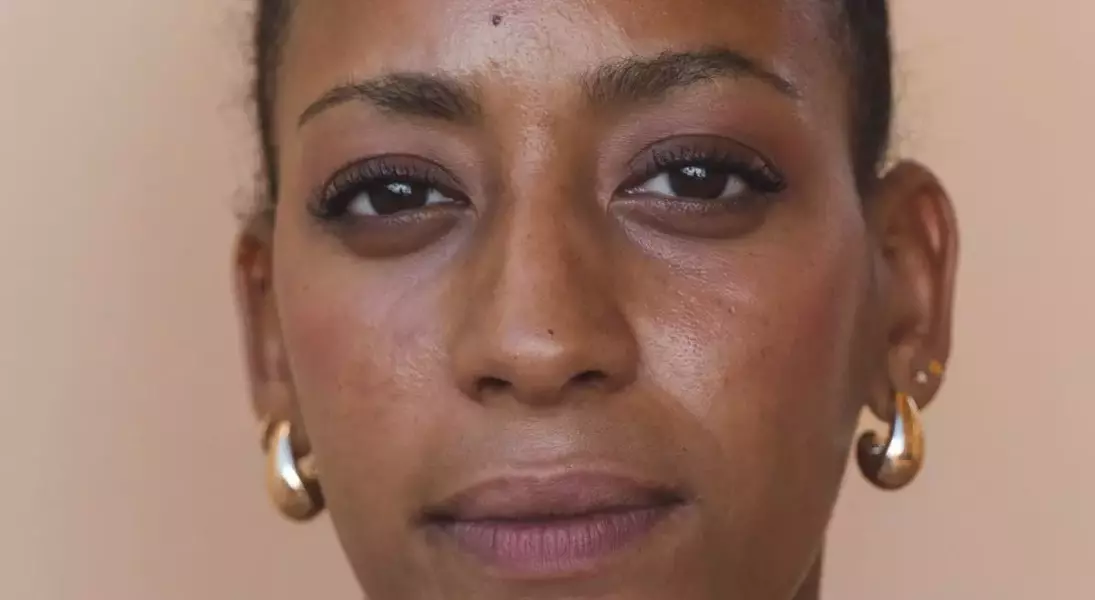
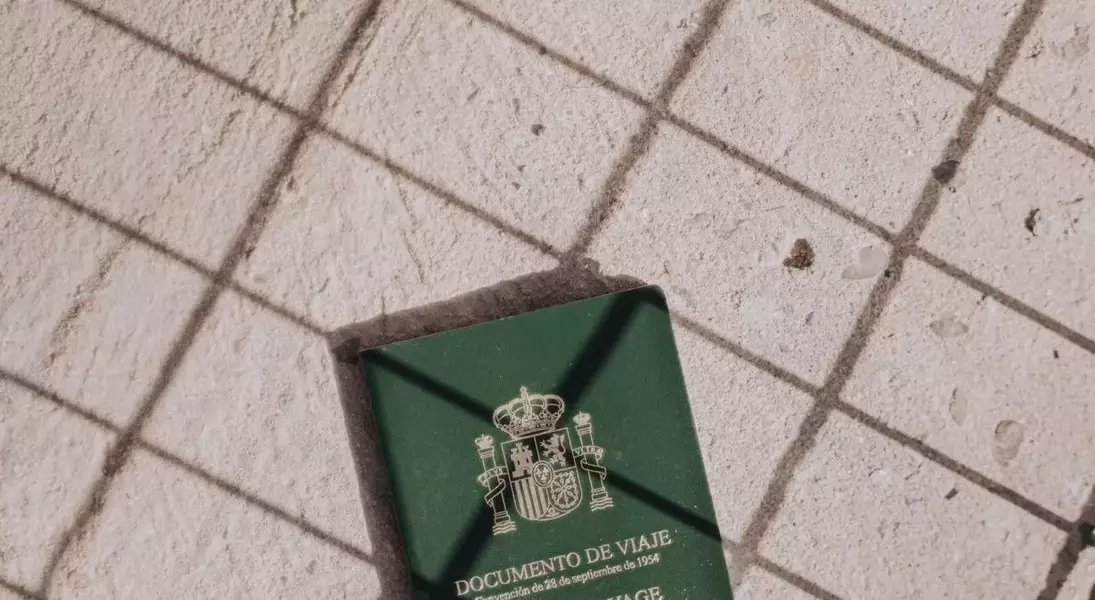

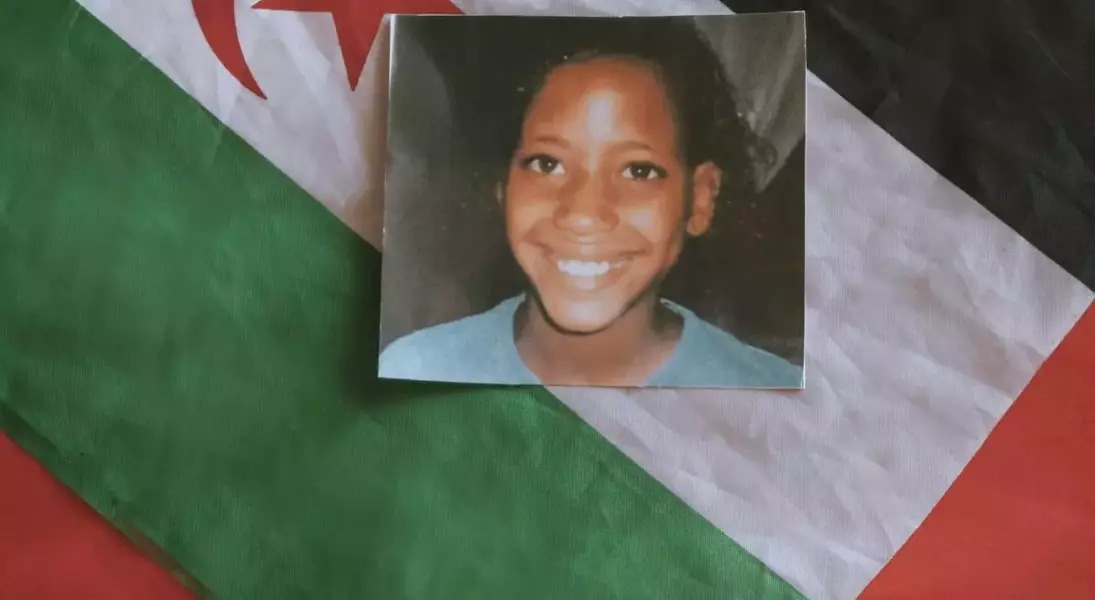
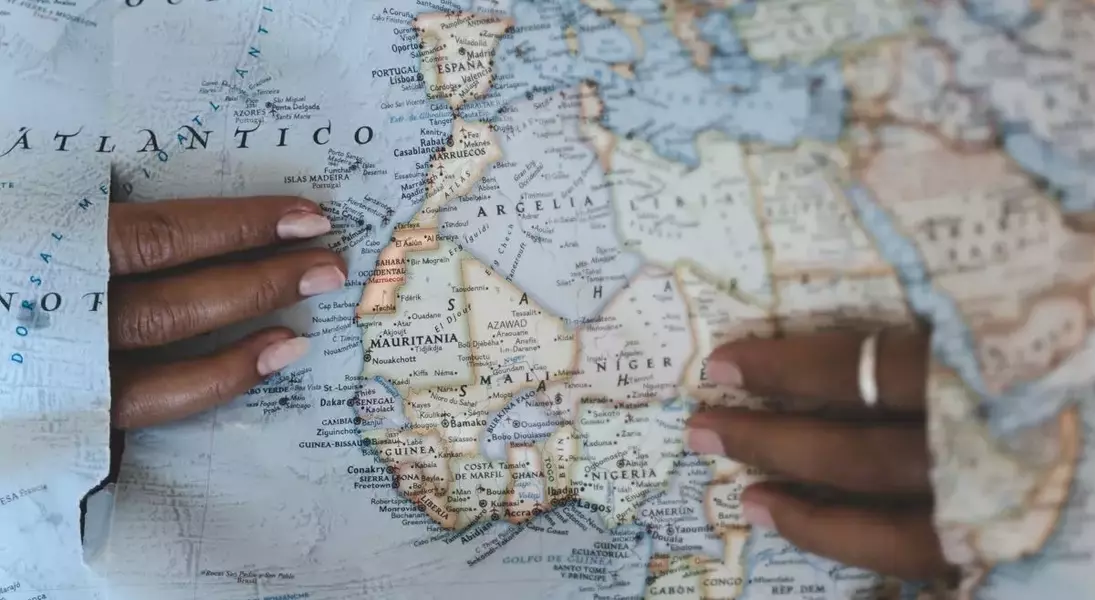

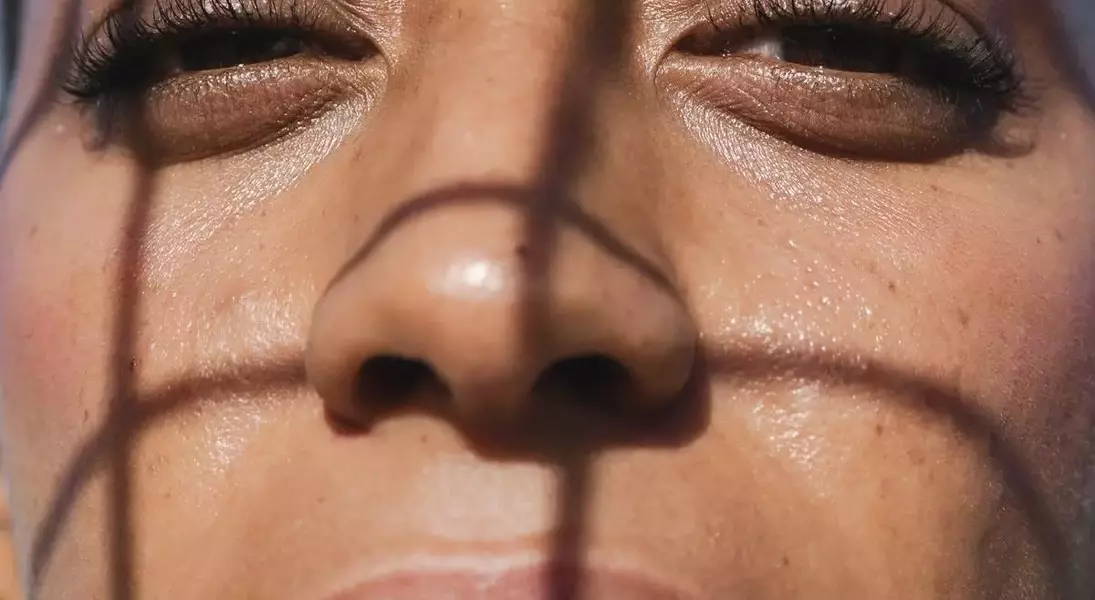

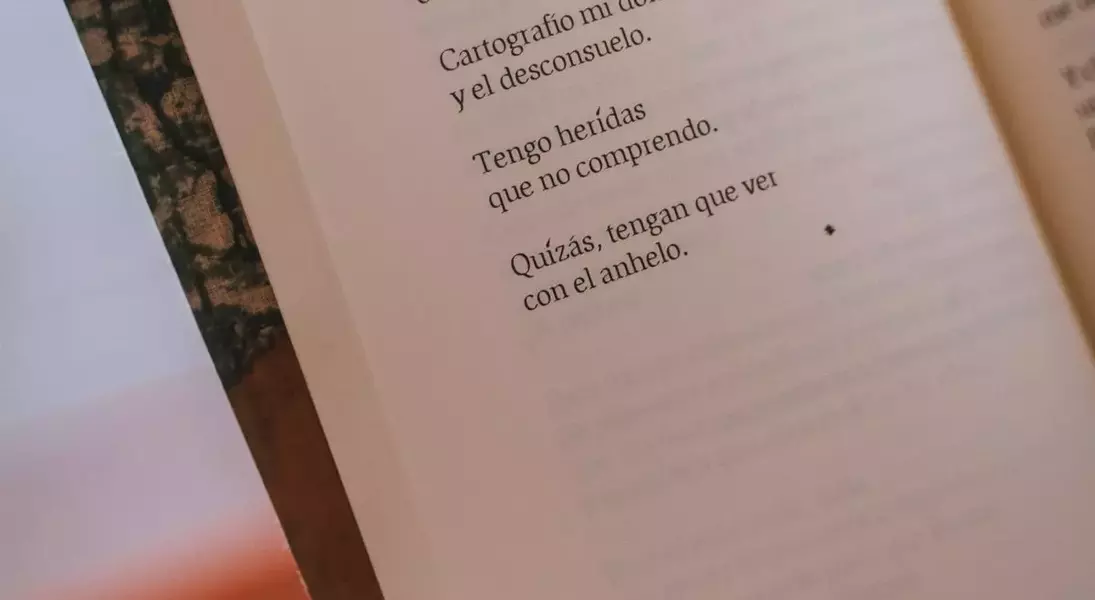
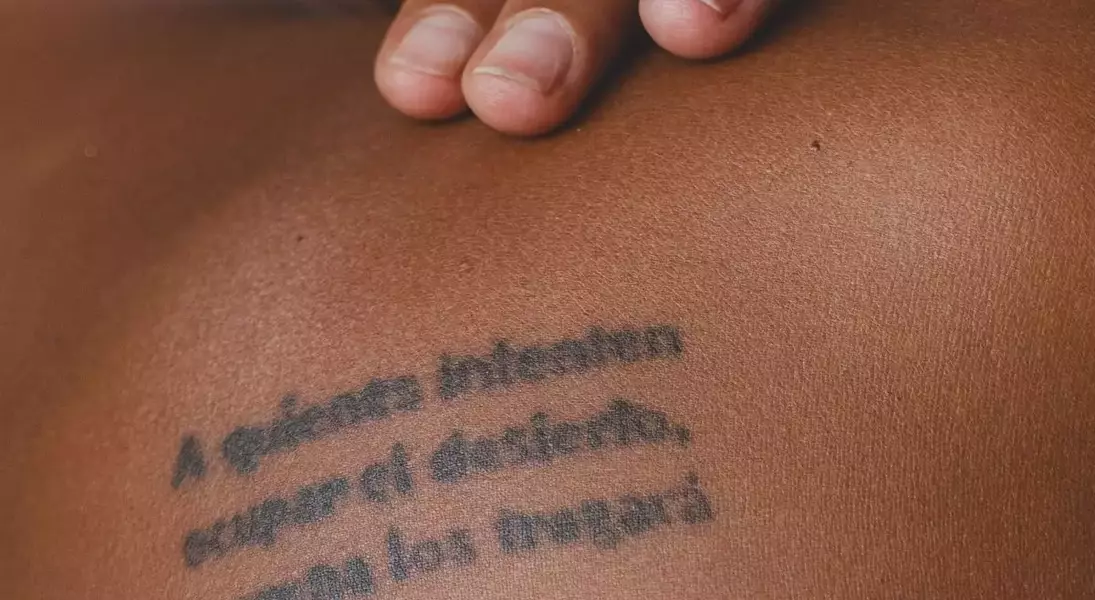

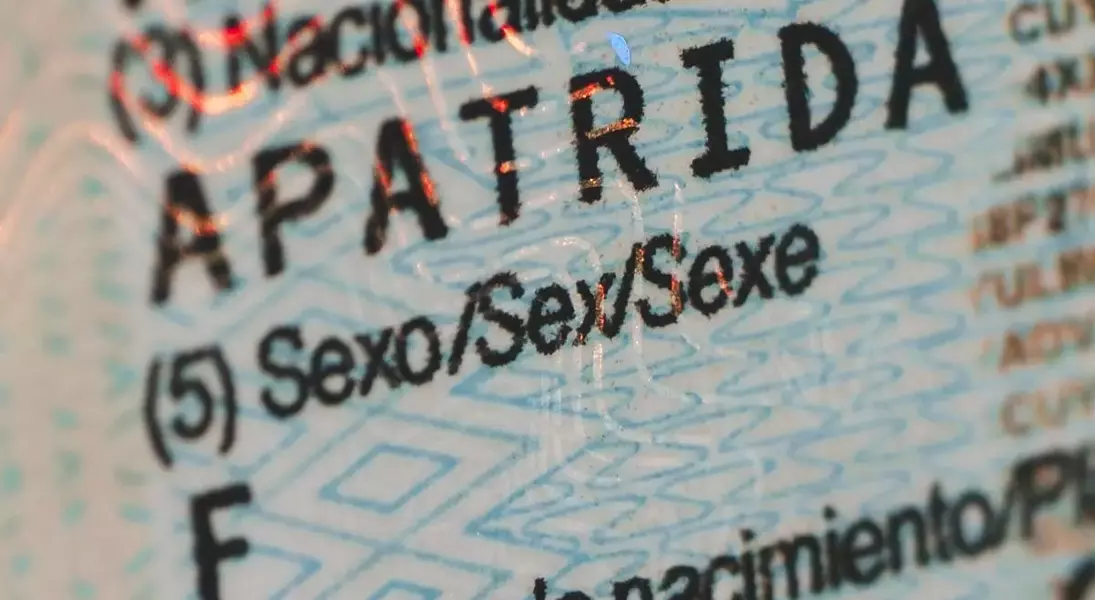
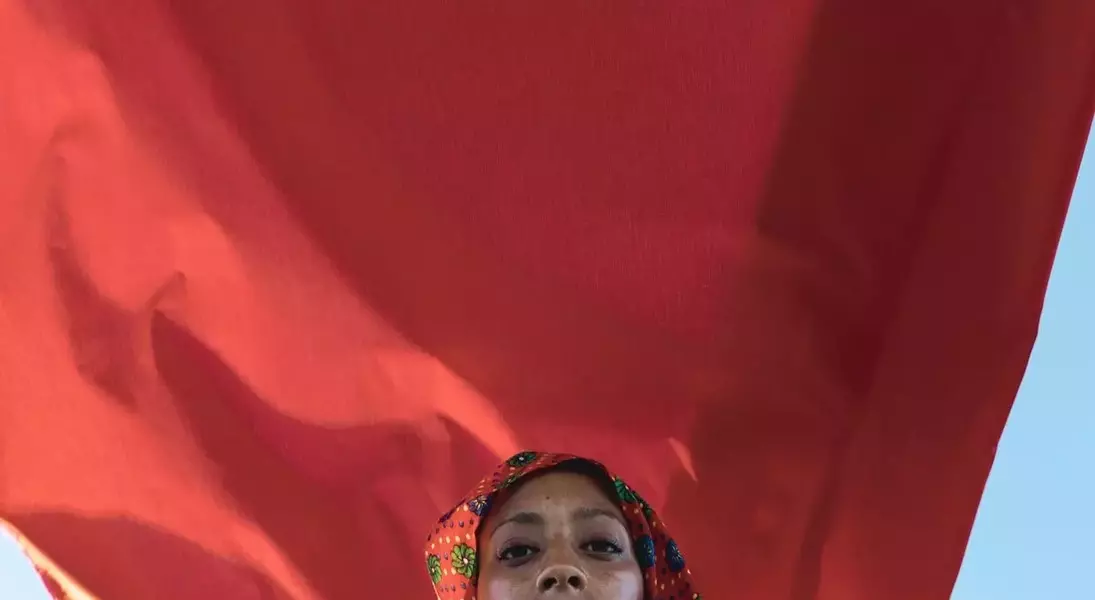



This feature delves into the complex experiences of the Sahrawi diaspora, focusing on the individual journey of Mulaha. Fifty years after Spain's departure from Western Sahara, the Sahrawi people continue to grapple with exile, displacement, and a prolonged struggle for self-determination. Mulaha's narrative, captured in the 'Mtmarfga' project by Ainhoa Ezkurra Cabello, serves as a poignant illustration of the challenges faced by many, particularly their often-overlooked presence in global media and public consciousness. Her story resonates with a community striving to reclaim its historical memory and assert its identity in the face of ongoing adversity.
The project, titled 'Mtmarfga'—a Hassaniya word meaning 'relaxed,' symbolizing persistence and resistance—aims to shine a light on the silent endurance of the Sahrawi people. Mulaha's personal journey, from a temporary summer visit to Spain as a child to a decades-long struggle with statelessness, embodies the fragmented existence of her community. Despite living most of her life in Spain, the absence of legal nationality has profoundly impacted her basic rights and freedom, underscoring the deep-seated implications of displacement. The impending acquisition of Spanish citizenship offers Mulaha not just the freedom to travel, but also a symbol of hope and recognition after years of living in a legal limbo, highlighting the broader aspirations of the Sahrawi people for visibility and self-determination.
The Enduring Struggle for Sahrawi Identity and Self-Determination
The Sahrawi people have endured a protracted state of displacement and invisibility for five decades, following Spain's withdrawal from Western Sahara. This ongoing situation has left many in exile and diaspora, deprived of their fundamental right to self-determination and sovereignty. The 'Mtmarfga' project, through its focus on Mulaha's personal story, serves as a powerful representation of this collective struggle. Her narrative highlights the profound impact of statelessness, a condition that extends beyond legal status to affect an individual's sense of belonging and access to basic human rights. The project endeavors to bring to light the persistent challenges faced by the Sahrawi community, whose existence often remains unacknowledged in mainstream discourse and collective memory.
Mulaha's journey began as a child participating in 'Vacaciones en Paz,' a humanitarian initiative designed to offer Sahrawi children a temporary reprieve from life in refugee camps by spending summers with Spanish families. What started as a fleeting visit unexpectedly evolved into a permanent change in her life, leading to decades of statelessness. This condition has meant more than just the absence of legal documentation; it has entailed a lack of nationality, denying her rights that many others take for granted. Despite being raised in Spain, her identity is intricately woven with the memories, language, and heritage of her Sahrawi roots. The project underscores how her personal experience mirrors the broader fragmentation and resilience of a community striving to preserve its culture and claim its rightful place in the world. Next year, after twenty-four years of living without a recognized nationality, Mulaha is finally set to obtain a Spanish passport, a milestone that will grant her the freedom to travel and signify a step towards greater recognition for herself and, symbolically, for her people.
Mulaha's Personal Journey: A Symbol of Resilience and Hope
Mulaha's personal story, as documented in the 'Mtmarfga' project, beautifully encapsulates the resilience and enduring spirit of the Sahrawi diaspora. Having arrived in Spain through a humanitarian program as a child, her life took an unforeseen turn, transforming a temporary stay into a prolonged period of statelessness. Her experience is a microcosm of the wider Sahrawi plight—a community scattered across the globe, maintaining its cultural heritage and collective memory while navigating the complexities of displacement. Mulaha's forthcoming Spanish citizenship, after 24 years, represents not only a personal triumph over bureaucratic hurdles but also a beacon of hope for freedom of movement and recognition for an often-forgotten people.
The term 'Mtmarfga,' meaning 'relaxed' in Hassaniya, is central to the project's theme. It subtly symbolizes the Sahrawi people's quiet perseverance and resistance in the face of adversity. For Mulaha, this simple concept translates into a powerful assertion of identity and a desire for visibility. Her long-awaited Spanish passport, expected next year, will finally grant her the ability to travel internationally, a basic right that has been denied to her for most of her life. When asked about her future travel plans, her immediate response was a profound desire to explore Africa. This aspiration reflects a deep connection to her ancestral continent and a yearning for unhindered exploration, embodying the hopes of many Sahrawi individuals to reconnect with their heritage and move freely after decades of enforced immobility. Mulaha's journey is a testament to the human spirit's capacity to maintain identity, memory, and hope, even in the most challenging circumstances.
